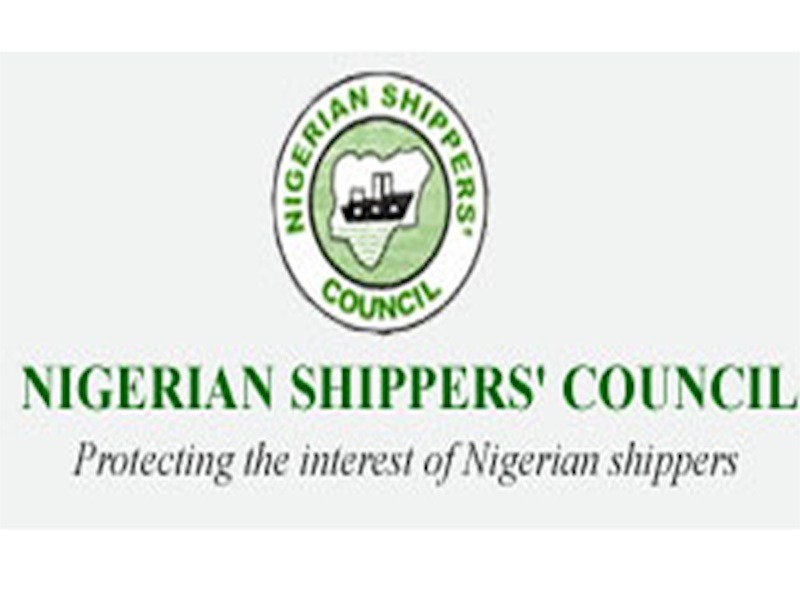The Nigerian Shippers’ Council (NSC), and the organised private sector battling foreign shipping companies over the introduction of “peak season surcharge ” on all imported cargoes.
The group said it would pull its strength and resources together to ensure that the move by shipping companies to introduce the obnoxious charges is rejected by the federal government and stakeholders.
Addressing representatives of the organised private sector in Lagos yesterday at a meeting to protest this, the Executive Secretary of NSC, Barr. Hassan Bello, said the implementation would lead to job losses and inflation.
He said liners did not give the organised private sector the opportunity of negotiating the charges before slamming it on them.
“We are still grappling with the effect of local charges on the cost of doing business. Nigerian ports are the costliest. Aside, no duration was given for the charge, which means there is no end to its implementation.”
On her part, the Managing Director, Nigeria Ports Authority (NPA), Hadiza Bala Usman urged stakeholders to say “no” to implementation.
Usman who was represented at the protest by the General Manager, Tariff and Billing, Abubakar Garba Umar, said the introduction of the new charge would affect the revenue of NPA.
He said importers would now abandon their cargoes at the port, adding that it will further worsen the congestion at the terminals
“While we at NPA are making frantic efforts to evacuate overtime cargoes and also encouraging owners to evacuate them. This will further worsen the situation. It will also have a negative effect on the economy.
“NPA will join forces with the Nigerian Shippers’ Council and organised private sector in ensuring that the fresh charge is rejected out rightly.”
National officer and chairman maritime trade group of the Nigerian Association of Chambers of Commerce, Mines and Agriculture (NACCIMA), Margaret Orakwusi said any move to introduce any fresh port charges would be rejected by the organised private sector.
According to her, organisations are borrowing to keep their production line open even under harsh conditions, adding new charge would be resisted by all.
Documents obtained by the media showed that about $1025 surcharge is slammed on 20 and 40 feet containers on cargoes coming from the United States and US territories, China, Taiwan, Hong Kong, and Macau.
Charges from cargoes from the rest of the world are also pegged at $1025 or EUR 930 accordingly.
The charges are different from the ocean tariff rates as well as bunker-related surcharges, security-related surcharges, terminal handling charges, among others that shore up the cost of shipping in Nigeria.

 Join Daily Trust WhatsApp Community For Quick Access To News and Happenings Around You.
Join Daily Trust WhatsApp Community For Quick Access To News and Happenings Around You.


